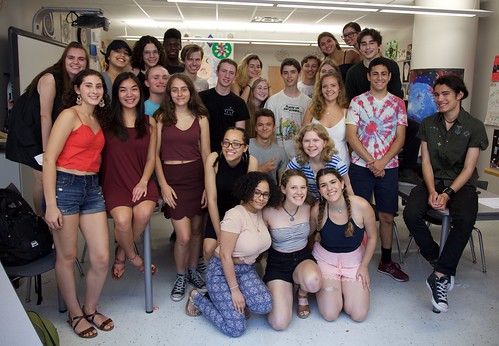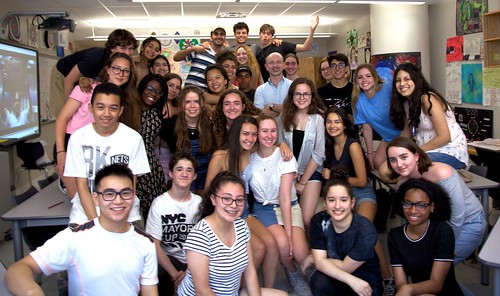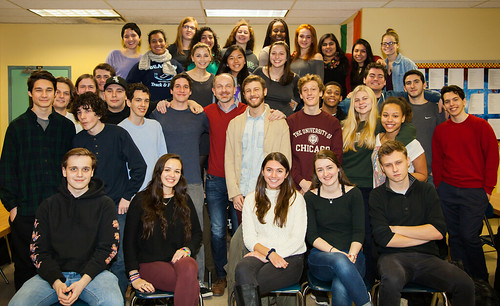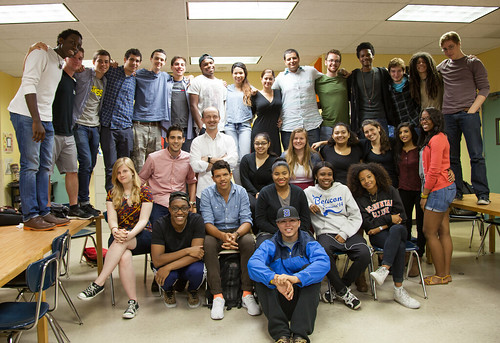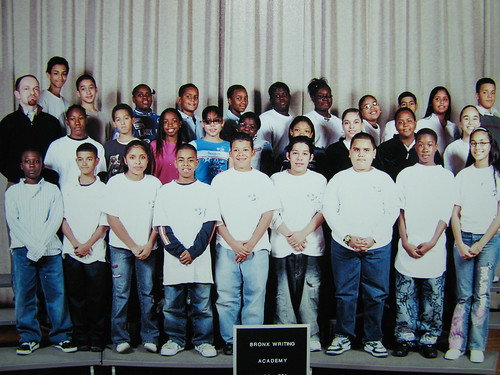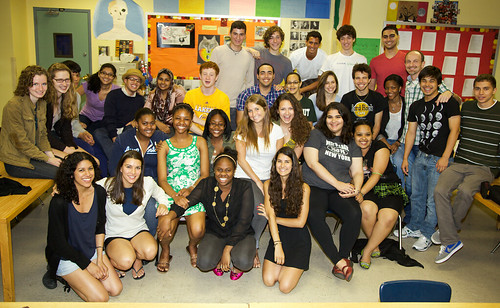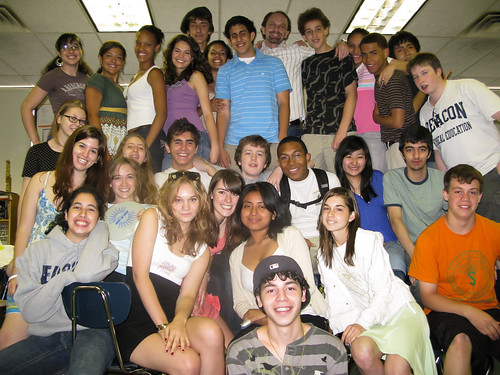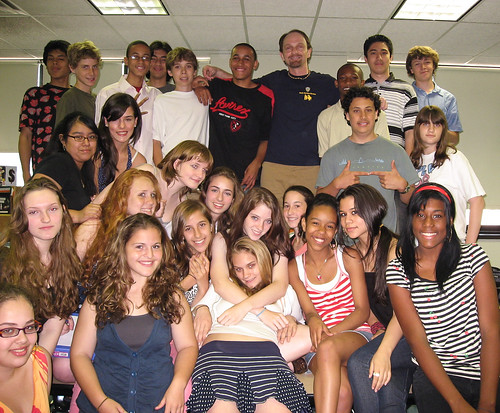1. The Stranger–complete part I of the novel.
2. Class Forum–Remember to post by midnight! As always, your posting is due before our next class period. Also, remember to post in the thread that I have started. Do not start one of your own.
HW due 10/15: The Stranger
HW12C due 3/19: The Stranger
1. The Stranger–Complete the novel!
2. Class Forum–The End
HW12C due 3/17: The Stranger
1. The Stranger–Read and annotate Chapters 2 and 3 of Part II. (Quiz tomorrow)
2. The Stranger Essay–
First Draft due Tuesday, March 24th
Final Draft due Thursday, March 27th
3 page literary/philosophical analysis of The Stranger. You are expected to use The Myth of Sisyphus as a complement to your analysis of The Stranger. Consider: How does Camus use Meursault and his struggle to illustrate his commentary on the human condition/absurdity? While this is an essay focused on The Stranger, you are expected to use The Myth of Sisyphus to help shape your argument. So, consider: How does Sisyphus help us to understand Camus’ philosophy as communicated through Meursault? IMPORTANT: While Sisyphus is used to give some form to the discussion (i.e. helping to shape the thesis), the discussion is focused on exploring Camus’ message and how he develops that message. While not necessary, I would encourage you to research Camus further to give you further context. Folks, I expect this essay to demonstrate great thematic/philosophical control of both texts. Waiting till the night before is probably not a good idea. Your reading responses and annotations should prove to be quite beneficial here. This should be typed in font size 12 (times new roman or arial). You should have a title!!! The title should reflect your thesis. If you have any questions, please email me.
HW12C due 3/16: The Stranger and Class Forum
1. The Stranger–Read and annotate only Chapter 1 of Part II.
2. Class Forum–Shots Fired!
HW12C due 3/13: The Stranger
1. The Stranger–Complete Part I! Some important “pieces” of the whole:
- The Natural World (i.e. sun, flowers, sky, etc)
- Raymond and his mistress
- Salamano and his dog
- Guilt/Judgement
- Meursault’s relationship with Marie
- And that other thing (intentional ambiguity…you will know what I mean when you finish Part I)
Remember, ultimately the novel acts as a philosophical vehicle and we will discuss it as such, but it is also a novel so we must treat it as a work of literature (i.e. paying attention to the author’s craft and how he creates meaning). Finally, in the back of your mind consider how the philosophical readings of the course help to inform your reading/interpretation of the novel.


